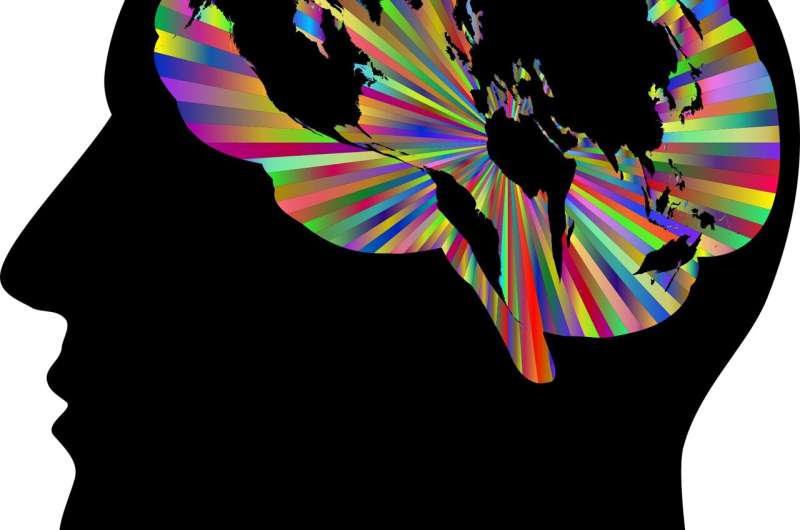Individuals with subclinical symptoms show different neural mechanisms when anticipating future events

Affective forecasting, or prospection, is the ability to construct future events mentally and "pre-experience" the event long before it happens. Impaired ability to envision the future plays an important role in the psychological mechanisms of reduced ability to experience pleasure and reduced motivation to obtain rewards, i.e., a phenomenon of anhedonia and amotivation commonly observed in patients with mental disorders including schizophrenia, autism and major depressive disorder.
Empirical findings suggest that individuals with subclinical psychopathology, such as high levels of social anhedonia, would generate fewer specific events, report fewer positive emotion and less vivid mental representation than individuals with low level of such traits.
Dr. Raymond Chan and his team from the Institute of Psychology of the Chinese Academy of Sciences have demonstrated that individuals with high level of social anhedonia do exhibit altered activation and cortico-striatal functional connectivity when they are envisioning positive future events compared to individuals with low level of social anhedonia. However, it is still unclear whether individuals with other subclinical psychopathology would exhibit altered neural mechanisms of envisioning the future.
In order to address this issue, the researchers conducted a study to investigate the neural correlates for envisioning future events and examine whether individuals with schizotypal traits, autistic traits and subsyndromal depressive symptoms would exhibit shared or distinct neural correlates of prospection.
They recruited 34 individuals with autistic traits, 27 individuals with schizotypal traits, 31 individuals with depressive symptoms, and 35 controls. All participants completed a prospection task while undergoing functional magnetic resonance imaging.
The researchers found that individuals with autistic traits and individuals with schizotypal traits exhibited an intact behavioral performance on envisioning future events. However, they did exhibit subtle neural alterations during envisioning future events comparing to individuals with low levels of specific traits.
Such altered neural responses in the anterior cingulate cortex and frontal gyrus in individuals with autistic traits might indicate that a subtle neural changes for anticipating positive and neutral future events, whilst the altered neural responses in caudate in individuals with schizotypal traits might indicate a "compensated" neural changes for imagining positive emotions during prospection.
Taken together, these findings suggest individuals with different subclinical psychopathologies would exhibit unique alteration of neural response patterns in the process of prospection. These findings are particularly important to guide us to formulate specific non-medical intervention for prospection in clinical cases of schizophrenia, autism and major depressive disorder.
More information: Rui-ting Zhang et al, Neural mechanisms of prospection in individuals with schizotypal traits, autistic traits, or depressive symptoms., Journal of Abnormal Psychology (2021). DOI: 10.1037/abn0000709

















